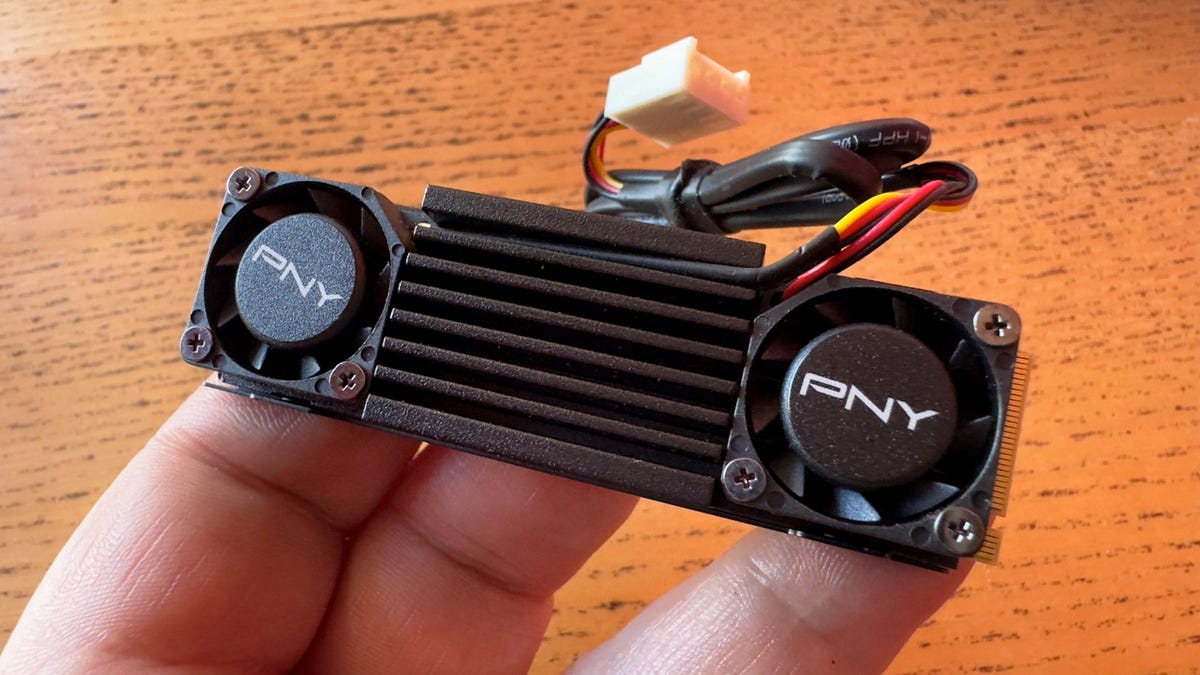Hundreds of STEM Grants Have Been Terminated. K-12 Math Educators Will Lose Out
The National Science Foundation stopped funding 417 education research grants valued at more than $322 million.

Bruce McLaren has committed his career to understanding how education technologies, especially digital games and intelligent-tutoring systems, can help children learn. At the Human Computing Interaction Institute at Carnegie Mellon University, McLaren develops digital learning games to study how effective they are in the classroom and beyond.
One such game is called Decimal Point. It’s a middle-grade math game in which aliens come to Earth to learn about decimal fractions. Players must complete all of the minigames in Decimal Point Amusement Park to ensure that the aliens leave Earth with a better understanding of decimals.
For more than a decade, McLaren and colleagues have brought games like this to Pittsburgh area schools to test their technology and learning theories. He and his co-researchers have received several National Science Foundation grants over the years, indicating that the outcomes have succeeded in furthering scientific inquiry. Initial findings for his most recent NSF grant suggest that girls were learning more from the decimal game than boys. McLaren was preparing to replicate the study in schools in the fall with a different math game.
“The ultimate objective was to come up with this blueprint for games that would help girls who have math anxiety and difficulty in math,” he said.
But that’s not going to happen now that thousands of NSF funding awards have been terminated, McLaren’s among them. In April, thousands of researchers learned that grants they were working on in some capacity or another had been terminated because their projects “no longer align” with the agency’s goals and priorities.
Crystal Kalinec-Craig, an associate professor at the University of Texas at San Antonio, learned in the span of a week that three of their NSF grant-funded projects had been terminated.
“Usually if a grant is terminated, it's because serious misconduct was done, like you misuse research funds or you manipulate data,” Kalinec-Craig said. “This is [that the project] no longer aligns with the NSF mission and vision, which doesn’t tell you much. But then if you look at all of the grants that got canceled, you start to see a pattern.”
Targeted in Report
Many of the terminated awards were included in an October 2024 report by Sen. Ted Cruz when he was the ranking minority member of the U.S. Senate Committee on Commerce, Science and Transportation. Cruz now chairs that committee. His report makes sweeping claims that scientists from major universities parrot “woke Neo-Marxist left” talking points about diversity, equity, and inclusion initiatives. At least one of Kalinec-Craig’s projects was mentioned in the report. McLaren’s project about the alien decimal fraction game was listed, too. Neither of these researchers would characterize their work in this way.
“We would describe it in much more research-based and humane ways,” Kalinec-Craig added.
Since 1950, the National Science Foundation has committed federal funding to researchers who could demonstrate that their work was fundamental to scientific progress and make education in science, technology, engineering, and mathematics (STEM) more broadly available. Many of these efforts have resulted in scientific breakthroughs, the effects of which are experienced globally. Much of that success is attributable to the federal funding, which enabled researchers to procure and study very large data sets.
Noem Ross, executive director of the global nonprofit rOpenSci, who has been co-compiling an online database of terminated NSF grants, worries the general public hasn’t yet conceptualized the significance of these terminations.
“This is a broad-based attack on the scientific enterprise that has been so much of the engine of American progress and prosperity for 80 years,” said Ross. “The engines are for people from working and middle class backgrounds to participate in and benefit from all that science has to offer.”
“This administration might have broken that for a generation in three months,” he added.
According to Ross, NSF cuts to STEM education projects dwarfed all other award terminations. Of the more than 1,000 grants terminated, 417 were specifically related to STEM education research and valued at more than $322 million.
Real-World Math Problems
Many of the terminated awards had something to do with teaching future elementary and middle school math teachers how to meet the needs of more than one type of student. This is part of a growing trend away from rote learning, which technological advances have made redundant, and towards students developing more robust mathematical problem solving skills.
This approach involves removing abstraction by showing students how they can use math to solve problems in the real world — for example, by asking them to budget for a trip to the grocery store.
Kalinec-Craig’s research addresses a component of math fluency that accepts that not every child’s world looks the same outside the classroom. Her work demonstrates how teachers can encourage all students to draw on and share their interests and experiences with other students — particularly those who have been historically left out of the discussions.
“There’s this false presumption that this is a zero-sum game, and that’s simply just not true,” said Kalinec-Craig, alluding to criticisms that focusing on one group of students in a research study leaves other groups of students out of observation. “I’m trying to have these conversations with folks who don’t necessarily align with me politically, and they agree with many of the things that I say. But then it feels like we get tripped up on these buzzwords, and maybe those folks in power are weaponizing these buzzwords and kind of losing the much bigger picture in the impact.”
The bigger picture in the impact being that terminating all of these grants abruptly will hurt the educators who otherwise would have benefited from the scholarship. In many cases, the studies started because educators asked for the research.
One such project, since terminated, was led by Frances Harper, an associate professor of STEM education at the University of Tennessee, Knoxville. Her NSF grant involved a multi-year inquiry into how Black and LatinX families think about engaging with their children’s math education. A major aspect of this research was developed to understand existing deficits in how elementary and K-12 teachers engage with parents. It tried to address an existing blindspot in math teacher education.
“Teachers aren’t prepared really to explain to families why we might be asking children to do math in a way that they themselves didn’t learn it,” said Harper.
In her years working on the federally funded longitudinal study, Harper gathered enough evidence to conclude that many parents lacked confidence in their own math abilities.
This signals to STEM education researchers the consequences of failing to intervene sooner. In 2023, the American Psychological Association reported that math anxiety is prevalent and can last well into adulthood. Researchers acknowledge that aversion to math is so strong in our culture that at a certain point, being bad at math became a shared cultural identity.Researcher Frances Harper used this community mural to suggest a real-world math problem involving sizing and perspective. (Image courtesy of Frances Harper)
For many parents, math anxiety resurfaces when their children ask for homework help.
In the first year of the study, Harper set out to help parents address their discomfort with math by demonstrating how they could model math for their children in the real world. She recalled a field recording from a session in which the parents contemplated how a local artist used math to calculate the sizes of images and lettering to create a balanced perspective for a community mural.
“When I show the picture of the mural to teachers, they come up with ideas of how they can make connections to math,” Harper said. “But then when they listen to the way that the artist and community members actually had to solve these issues in the moment, they just had such a richer, more authentic way to connect school mathematics to experiences from the community.”
Losing her funding has now created logistical challenges for Harper around sharing her findings more broadly with current and aspiring math teachers.
Meanwhile, affected researchers assert that improper procedures were followed in issuing the decisions to terminate. It’s worth noting, they say, that they have to apply for federal funds through nonpartisan, peer-reviewed methods. Yet it’s because they met these criteria and won their grants, Kalinec-Craig says, that Cruz put a target on their backs.
“Yeah, we have a fight,” Kalinec-Craig said. “But, thankfully, my folks in math education, we’re ready for it.”







































































